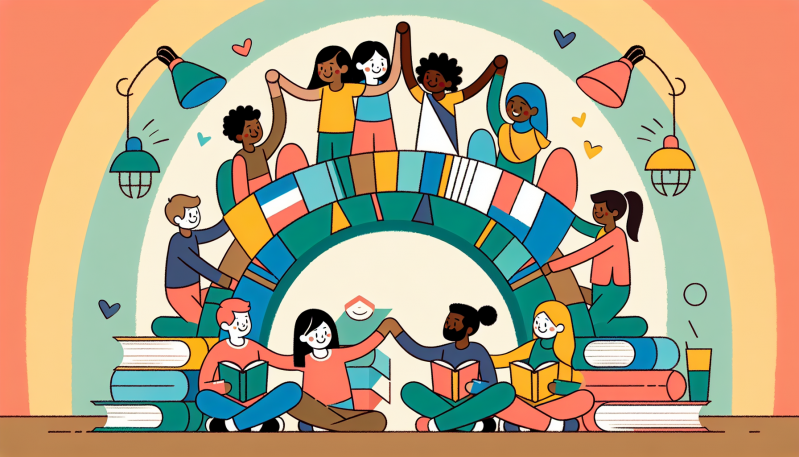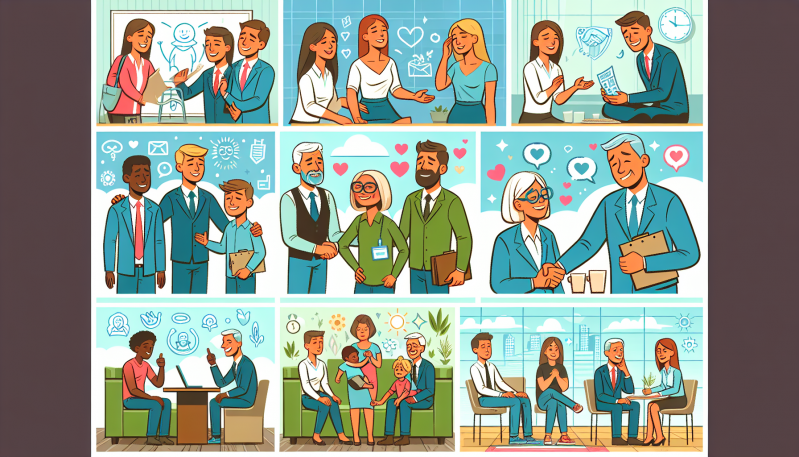In an age where information is abundant, but human connections can sometimes falter, school libraries stand as pivotal spaces within educational institutions. They are not just repositories of books; they serve as crucial hubs for promoting mental health, inclusivity, kindness, and combating loneliness among students. Today, let’s explore the multifaceted role that school libraries can play in fostering an environment that resonates with the core values of Friendship Week.
At the heart of any library is its collection, and in the context of school libraries, this means curating a range of books that reflect diverse voices and experiences. This is where librarians and educators have a unique opportunity to foster empathy and cultural understanding. By carefully selecting texts from different cultures, backgrounds, and perspectives, they can create an inclusive environment where all students feel represented and valued.
Moreover, reading programs can be powerful tools in addressing issues such as bullying and social isolation. Tailored programs that encourage students to read and discuss books dealing with these themes can open up dialogues and foster a shared sense of community. It’s through these discussions that students can develop the social skills needed to navigate complex interpersonal situations, and learn the values of kindness and inclusion.
Libraries can also transform into active spaces for collaboration and peer support. Group reading sessions, book clubs, and literary workshops can all contribute to the library’s role as a community hub, where students are encouraged to work together and support one another. It’s important to evaluate how the design and structure of library spaces can enhance or hinder social interaction. Comfortable seating arrangements, private discussion areas, and flexible workspaces can all contribute to an environment that promotes both individual reflection and group collaboration.
The integration of technology in library spaces is another crucial aspect to consider. Digital tools and resources can extend the reach of library services, supporting mental health and DEI initiatives by providing access to a wider range of materials and self-help programs. However, we must be mindful of the digital divide and work to ensure equitable access for all students, so that technology enhances, rather than hinders, the library’s inclusivity.
In conclusion, school libraries have the potential to be transformative spaces that extend far beyond their traditional roles. They can be designed to promote a sense of belonging and community, acting as sanctuaries for students to explore, learn, and connect with others. As advocates for mental health and inclusivity, it’s up to us—educators, librarians, and mental health professionals—to harness this potential and ensure that our school libraries are at the forefront of fostering well-being and social-emotional growth.
By reimagining school libraries as vibrant, inclusive, and supportive environments, we align with the mission of Friendship Week to create healthier, friendlier, and more empathetic school communities. It’s in these spaces that the seeds of lifelong friendships, understanding, and compassion are sown—an endeavor that is perhaps more important now than ever before.


